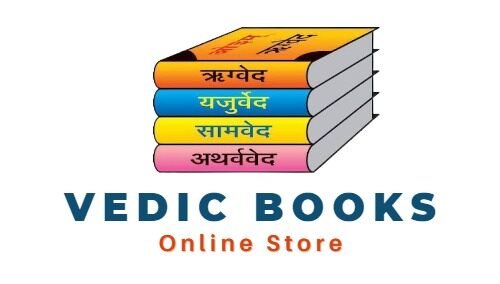Introduction to Vedic Literature
Vedic literature forms the cornerstone of ancient Indian civilization, encapsulating a vast array of spiritual, philosophical, and cultural knowledge. Dating back over three millennia, these revered texts offer profound insights into the early development of Indian society. The Vedic corpus primarily includes four hymnal collections: the Rigveda, Samaveda, Yajurveda, and Atharvaveda, each contributing uniquely to the Vedic tradition.
The Rigveda stands as the oldest and fundamentally the most important of the Vedas, containing hymns dedicated to various deities. Its verses offer a glimpse into the early religious practices and societal structure. The Samaveda, closely associated with music and chants, augments the Rigveda with melodies used in sacrificial rites. The Yajurveda provides prose mantras utilized in ritualistic offerings, serving as a guide to conducting sacred ceremonies efficiently. Lastly, the Atharvaveda, known for its practical knowledge, encompasses spells, incantations, and wisdom to address everyday life and health-related issues.
Beyond these primary texts, the Vedic literature is further enriched by extensive commentaries and supplementary texts such as the Brahmanas, Aranyakas, and Upanishads. The Brahmanas elucidate the practical aspects of the Vedic rituals and are essential for understanding the application of Vedic hymns. The Aranyakas, or “forest texts,” transition the Vedic tradition from ritualistic to meditative practices, providing a bridge between liturgical knowledge and philosophical inquiry. The Upanishads, often referred to as the Vedanta, delve into metaphysical concepts and the nature of ultimate reality, profoundly influencing Indian philosophy and spirituality.
The cultural and spiritual impact of Vedic literature is immeasurable, having shaped various facets of life in Vedic civilization, right from religious practices to socio-political structures. The wisdom embedded within these texts transcends time, continuing to resonate through contemporary studies and practices. This rich legacy provides an excellent primer for exploring a dedicated store of Vedic books, offering a panoramic view of one of the world’s oldest and most profound spiritual traditions.
Navigating a Vedic Books Store: What You Need to Know
Exploring a Vedic books store can be an enlightening experience, provided one understands the layout and categorization of the extensive collection typically found in these stores. Vedic books are often organized into several key categories, making it easier for readers to locate texts according to their interests and study requirements.
One of the primary categories is epic literature, which includes monumental works such as the Mahabharata and the Ramayana. These texts recount historic tales, heroic events, and enduring spiritual themes that have shaped cultural and religious consciousness. Another significant section focuses on philosophical treatises, where one can find the Upanishads, the Bhagavad Gita, and various commentaries on these ancient texts. Such works delve into profound metaphysical discourses and spiritual understanding.
Ritual texts, another essential category, include guides on performing various Vedic rituals and ceremonies. These texts, like the Yajurveda and Samhitas, provide detailed instructions on maintaining spiritual practices and adhering to prescribed rites. For those interested in astrological wisdom, the astrology section offers books on Jyotisha, the ancient Vedic system of astrology, which provides insights into personal and cosmic alignments.
Modern interpretations of Vedic wisdom also hold a spot in many Vedic books stores. These books often bridge traditional knowledge with contemporary perspectives, making ancient teachings accessible and relevant to today’s readers. Titles in this section might include works by renowned scholars and contemporary spiritual teachers who offer fresh interpretations and practical applications of Vedic principles.
When selecting books, consider the factors of authenticity and translation quality. It’s crucial to choose texts translated and edited by reputable scholars with expertise in Vedic literature. Authentic translations preserve the original meanings and nuances, ensuring readers gain accurate insights. Editorial quality, including annotations and commentaries, can also enhance comprehension, particularly for complex philosophical or ritual texts.
Consulting knowledgeable staff or store guides can greatly aid in navigating the vast array of options. These experts can provide recommendations tailored to your interests and help decipher which texts might be the most beneficial for your studies or spiritual journey. With these insights, your visit to a Vedic books store can be both fruitful and enriching, leading you to discover the profound treasures within Vedic literature.
